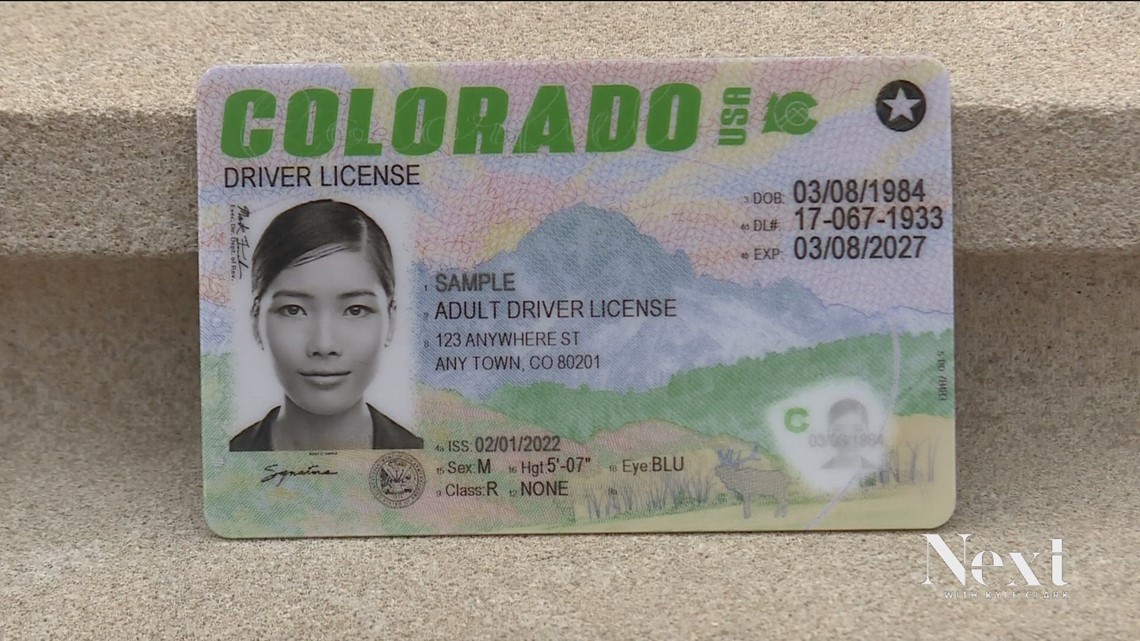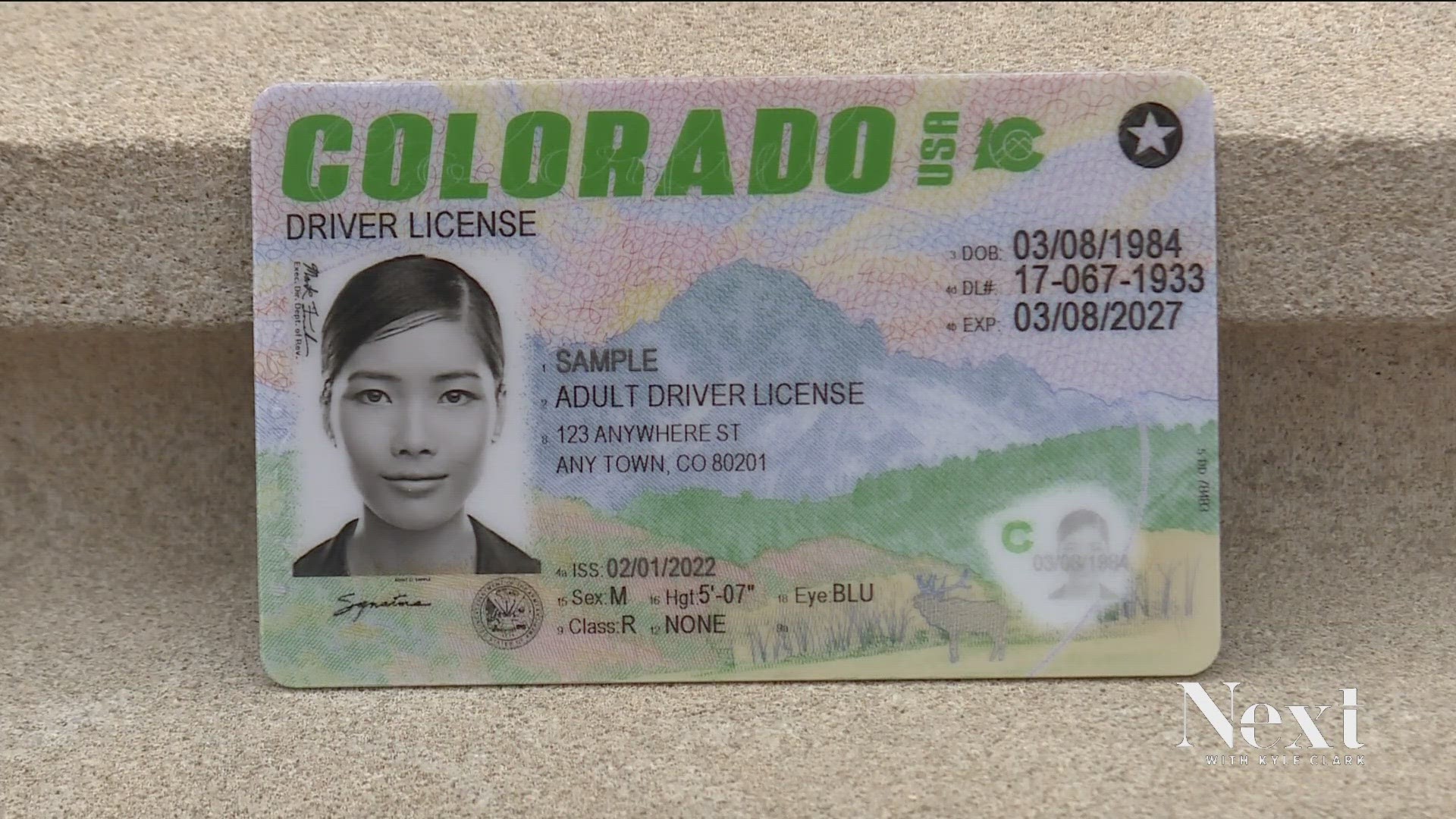DENVER — In this digital age, proving your identity still requires you to manually dig through your purse or wallet and find your license or ID.
Lawmakers are moving forward with a bill that would make it legal to use your phone to show a digital ID as a legit form of identification.
The bill is silent on digital privacy, but 17 law enforcement agencies in the state can see your digital ID through the MyColorado app without having to take possession of your phone.
Colorado State Patrol Trooper Gabriel Moltrer showed Marshall Zelinger how it works:
However, many people are concerned about privacy since some people are likely to hand the phone over.
“It makes sense if you don’t think through all of the potential unintended consequences,” University of Denver associate law professor Ian Farrell said.
Farrell explained one of those unintended consequences as law enforcement potentially having access to more information than you have consented to share.
“One question would be, can the officer, then, search what’s on your phone?” Farrell said. “They can only do that if you’ve given them consent to search what’s on your phone.”
Though, he said, that is a bit of a gray area.
“Whether handing the officer your phone for these purposes counts for consent is, kind of, unclear. If I was a judge, I would say, ‘no, you were handing it over for a fairly clear purpose,’” Farrell said.
“We can’t go past the screen that you’re showing us your ID or your insurance with,” Colorado State Patrol (CSP) Col. Matthew Packard said.
Packard, the head of CSP, was at the state Capitol on Monday, as a Senate committee considered Senate Bill 90, which would make a digital form of ID a legal form of identification while driving. The bill would not, however, make it a legal form of ID as proof of a driver’s license.
Handing over a phone for ID purposes is not necessarily consent to search the phone, but it may not matter if something untimely happens while law enforcement is looking at the phone.


“Just like the law is currently, if I see evidence of a crime that’s inside the vehicle as I’m standing at the door, the same principle would play here. If I’m looking at your phone to get your ID and all of a sudden, a message shows up about the load of cocaine in the trunk, then we’re going to do some further investigation,” Packard said.
“There’s this doctrine in Fourth Amendment law called ‘plain view.’ If the officer is allowed to be holding your phone or even looking at your phone, and something pops up, that is not them searching the phone. They’re perfectly entitled to use that information,” Farrell said.
What if your phone locks while law enforcement is taking down ID information? Do you have to give up your passcode or can you be forced to unlock it with your face ID?
“The more difficult question is whether, in real life, a person who is in that situation would feel comfortable saying, ‘no officer, I’m not going to give you the passcode,’” Farrell said. “Once the officer has your phone and says, ‘do you mind if I search’ or ‘what’s the password,’ it is even more difficult to feel comfortable denying that request than had you not given the officer your phone in the first place.”
“We would say, if the phone’s locked, we’d probably give it back to the driver and say, ‘hey, it locked, I need to see your ID,’” Packard said.
Senate Bill 90 is not just about digital IDs. It would also allow law enforcement to arrest a person for refusing to identify themselves. Under the bill, law enforcement would be able to take you into custody for the purposes of identifying who you are, and then releasing you or, perhaps, arresting you on an outstanding warrant.
The bill adds digital ID as a form of legitimate ID for identifying yourself to law enforcement while driving.
SUGGESTED VIDEOS: Next with Kyle Clark

